Orangutan Resilience
Orangutans may be more resilient to human disturbance than once thought.

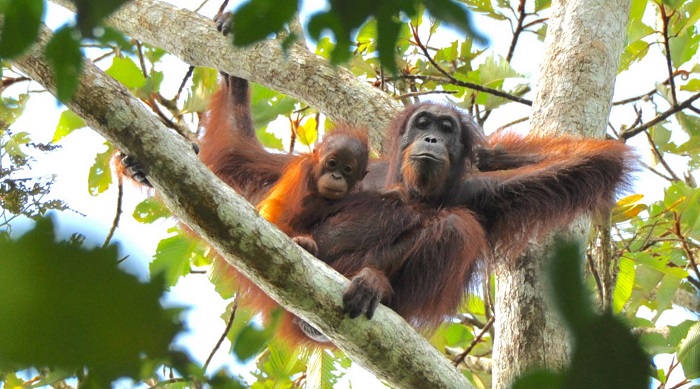

What happened to ancient American dogs, and where did they come from in the first place?

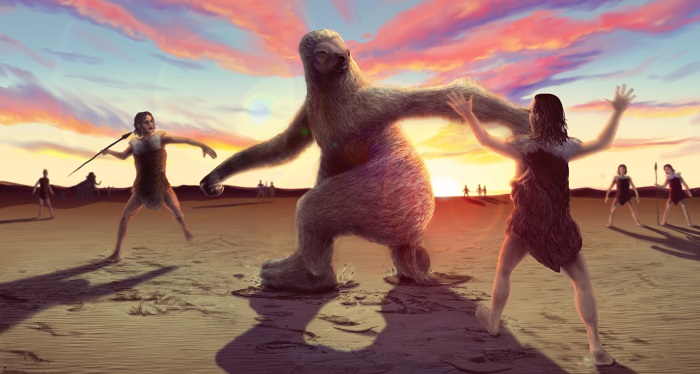
Footprints reveal an encounter between human hunters and the now extinct giant ground sloth.
Dental plaque from ancient Neanderthals reveals that they used herbal remedies.
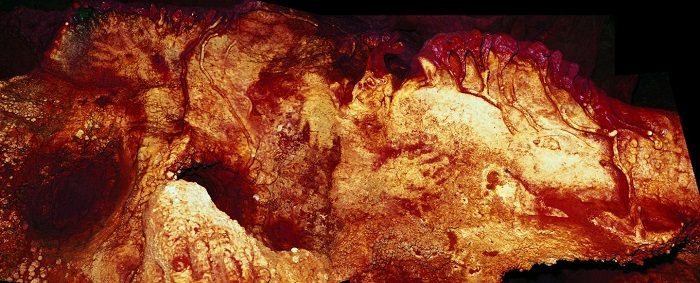


The mismatch between the smells in the environment we evolved in and the one we live in today could impact our health.

Dental plaque from ancient Neanderthals reveals that they used herbal remedies.
Artificial toes from ancient Egypt may have been functional prosthetics.

A listener wonders why we fear irrational things when there are plenty of real threats out there.
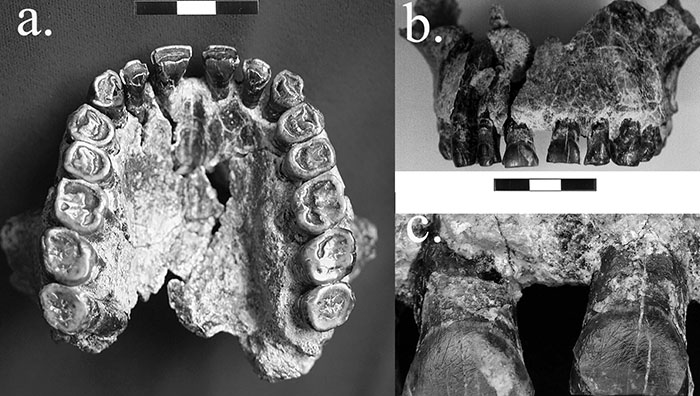
Analysis of a nearly two million-year-old jaw fossil from east Africa reveals clues to the evolution of the human brain.
The Twa people of Uganda climb trees with ease. A new study suggests that the trait may be the result of practical necessity.
The discovery of ancient wooden wells in Germany reveals that Neolithic woodworking was more sophisticated than previously believed.

A random mutation allowed our ancestors to stay relatively healthy despite exposure to toxic woodfire smoke.

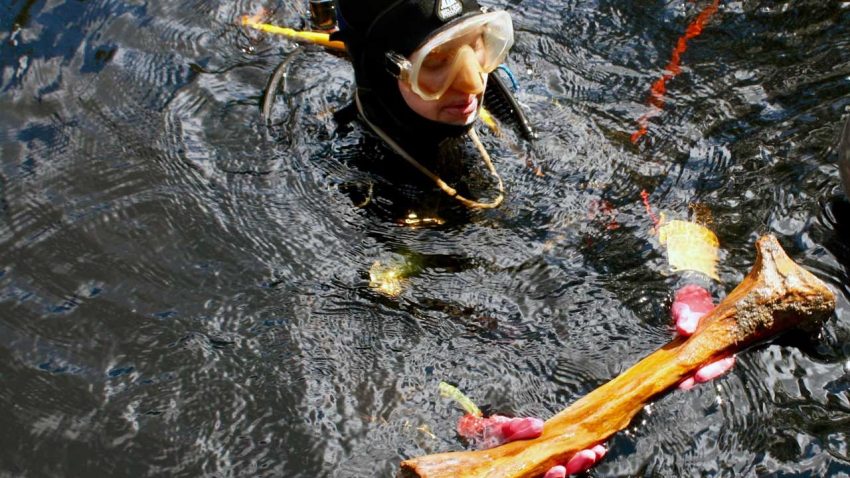
New evidence confirms that a prehistoric archaeological site in Florida is one of the continent’s oldest.
Neandertals contributed to genetic risk factors for some of today’s health problems and even mood disorders in people of European and Asian descent.
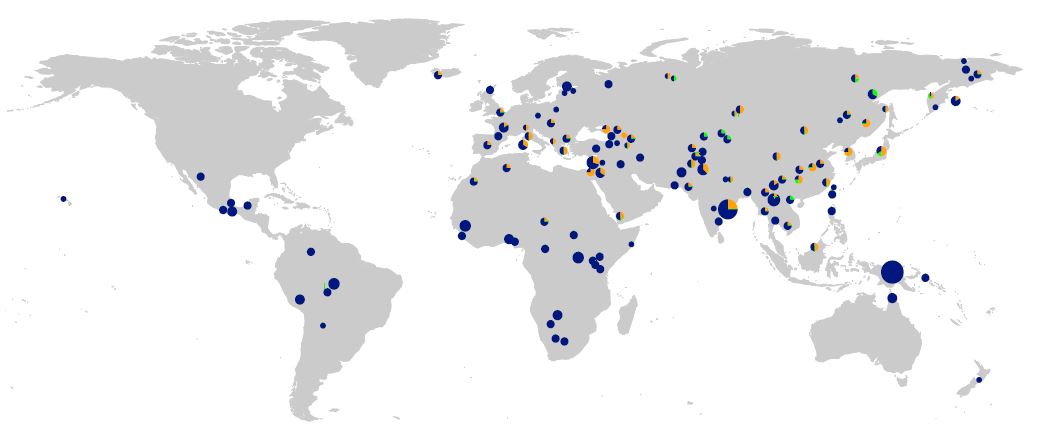

Science Breakthroughs of 2015: Kennewick Man’s 8,500-year-old bones are finally sequenced, revealing his genetic ancestry.

Science Breakthroughs of 2015: The discovery of an extinct human species in a South African cave made headlines this year.
